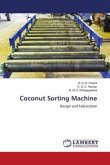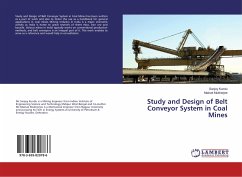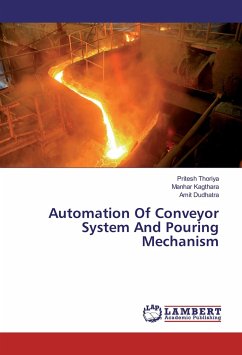The new challenging market demands require modern material flow systems with higher levels of flexibility and reliability. Industry 4.0 explores new approaches focusing on mechanical modularization, interface standardization, and control. In this work, a highly flexible material flow system is manufactured. Kinematic modeling and control of the omnidirectional wheeled cellular conveyor are proposed. Two kinematic models for the conveyor are presented: Cell-Based and Wheel-Based. For such purpose, three modeling techniques are adopted: forward kinematics, inverse kinematics, and wheel kinematic constraints. Cells/wheels selection methods based on the instantaneous position of the package are implemented. The Wheel-Based model shows better performance in terms of accuracy and energy consumption of the conveyor system compared to the Cell-Based. This work also implements a proposed algorithm for omnidirectional route planning and reservation for small-scaled material flow systems inthe regular hexagon tessellations. Finally, the obtained results are validated using the exemplary hardware that has been manufactured in the workshops of the German University in Cairo (GUC).








